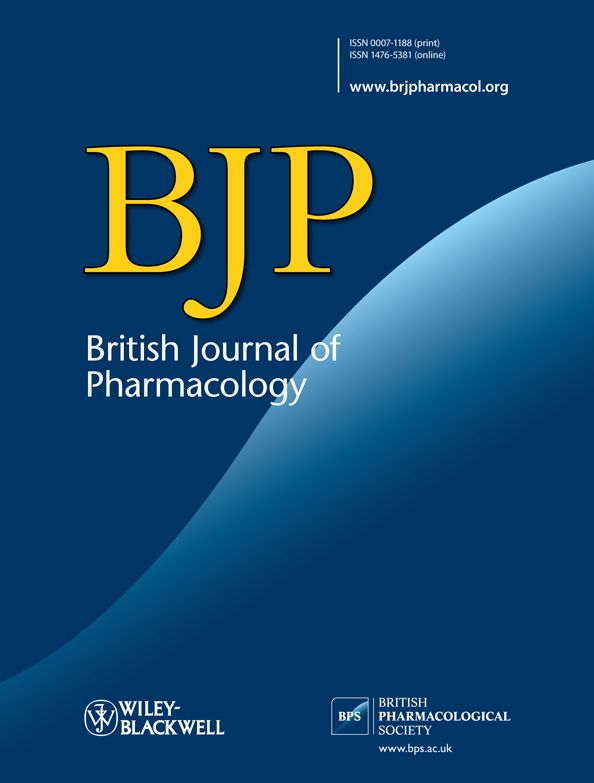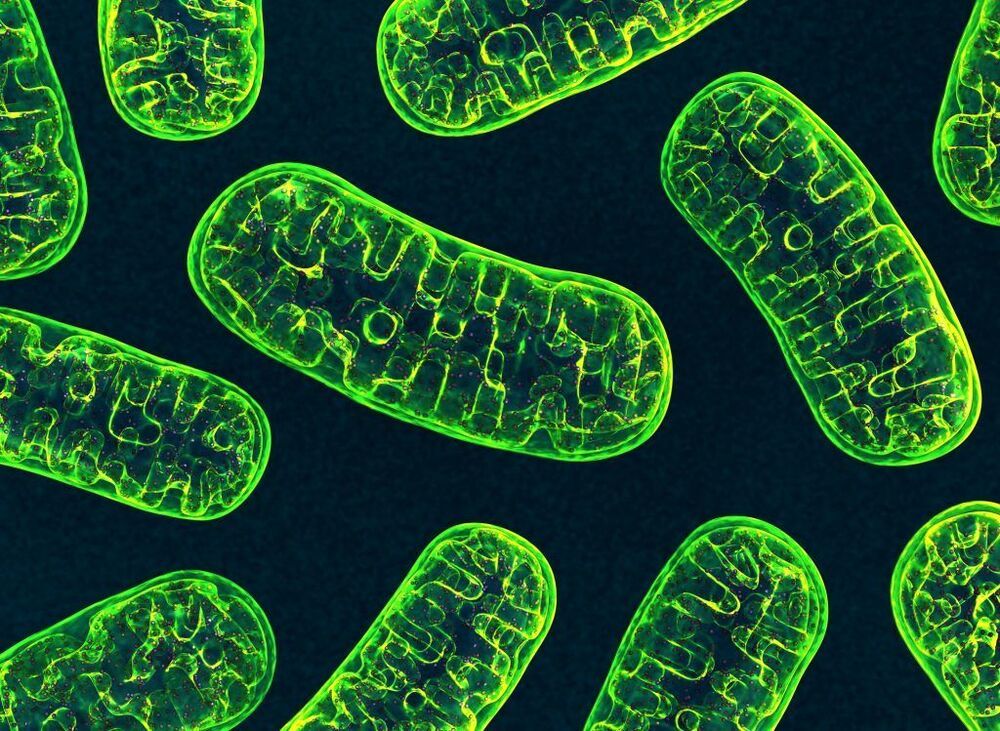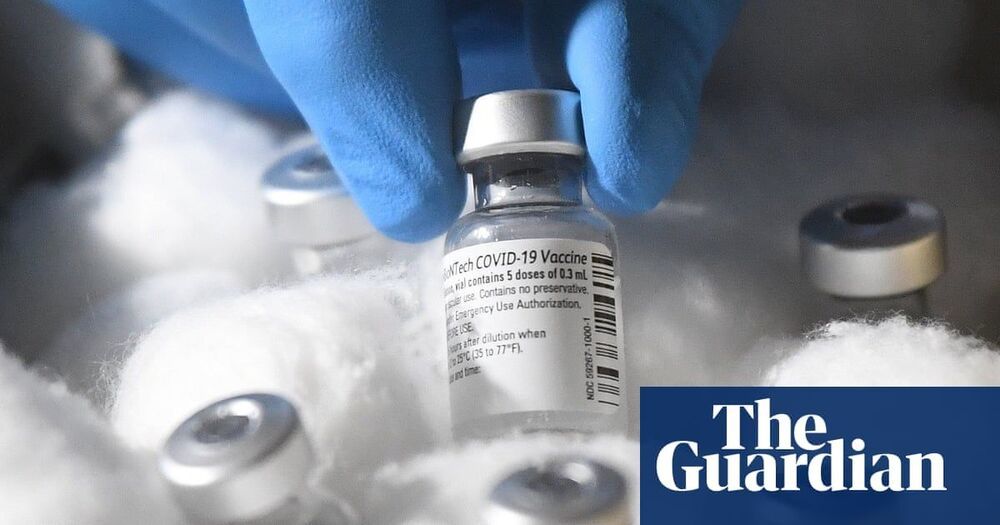The program was established in the mid-2000s under the Bush administration, and it was set up to boost the US biofuel industry in order to reduce US dependence on foreign oil. In the process, it created a strange situation where a ton of farmland started being used by ethanol producers who are now heavily subsidized by the program. Since electric vehicles would also help accomplish this goal, it has been proposed that they could be included in the program, and the Biden administration is expected to review the proposal.
Tesla has reportedly applied to enter the profitable renewable fuel credit market that is currently dominated by ethanol producers as it is expected to be opened to electric vehicles.
There are currently at least eight companies who applied with the Environmental Protection Agency to be included in the multi-billion dollar US renewable credit market, but the agency did not release their names.
Reuters released a new report confirming that Tesla is amongst those companies:






